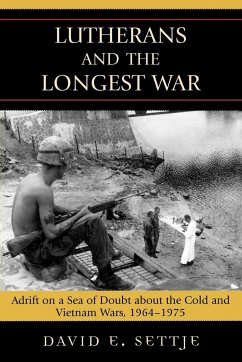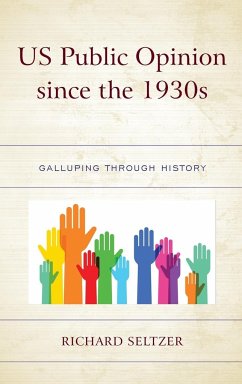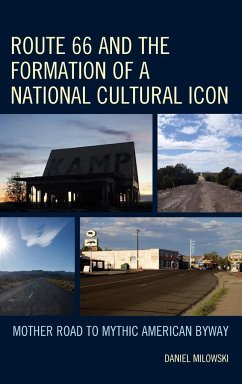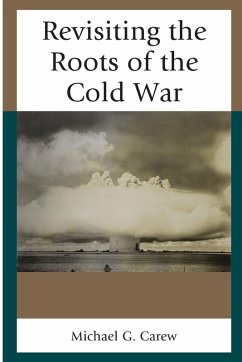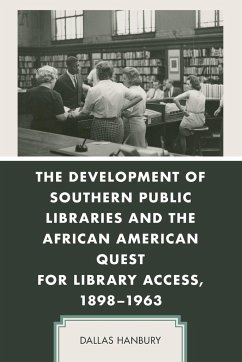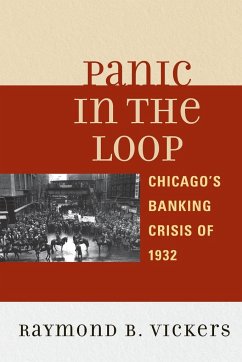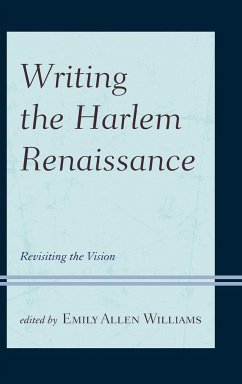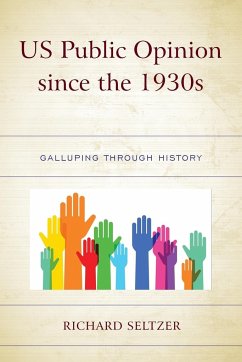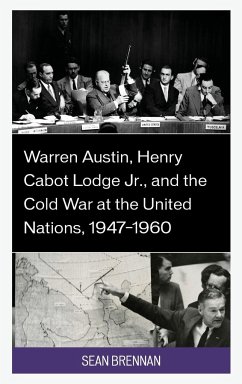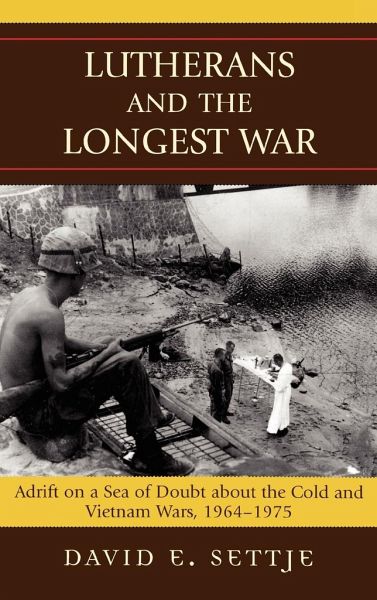
Lutherans and the Longest War
Adrift on a Sea of Doubt about the Cold and Vietnam Wars, 1964-1975

PAYBACK Punkte
54 °P sammeln!
With its unique theology yet simultaneous representation of the 'silent majority,' American Lutheranism provides a compelling case study for U.S. citizens and their attitudes toward war, faith, foreign policy, religious institutions, and communism from 1964 to 1975. This book demonstrates how Lutherans maintained a hostility toward communism, the Soviet Union, and the People's Republic of China while debating the threat of communist infiltrations into the United States and the Vietnam War, all in the context of their denominations, periodicals, and congregations.





